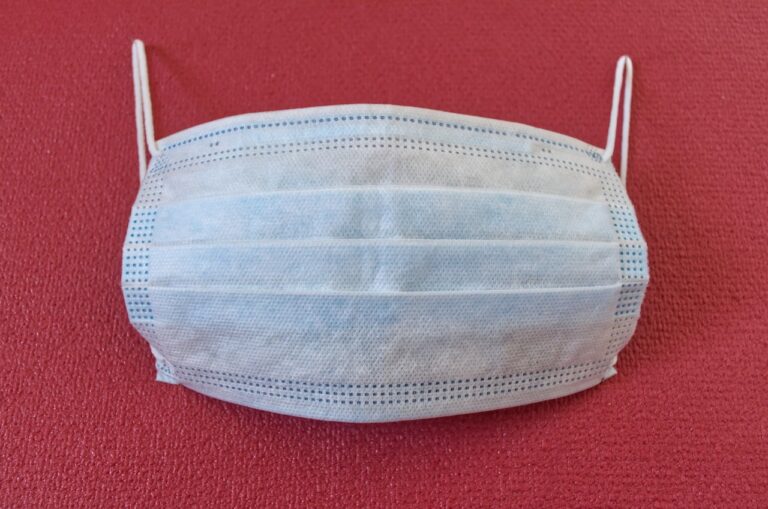Biotechnology Solutions for Enhancing Urban Ecosystem Services: Gold bet 7, Radhe exchange, 11xplay.online
gold bet 7, Radhe Exchange, 11xplay.online: Biotechnology Solutions for Enhancing Urban Ecosystem Services
Urbanization is rapidly increasing worldwide, leading to various environmental challenges such as pollution, loss of green spaces, and disruption of ecosystems. However, biotechnology offers innovative solutions to enhance urban ecosystem services and promote sustainable development.
1. Green Infrastructure
Biotechnology can play a crucial role in developing green infrastructure in urban areas. This includes the use of biodegradable materials, green roofs, vertical gardens, and living walls to improve air quality, reduce heat islands, and promote biodiversity.
2. Phytoremediation
Phytoremediation is a biotechnology solution that uses plants to remove contaminants from the soil, water, and air. By planting hyperaccumulators in polluted urban areas, we can effectively clean up the environment and enhance ecosystem services.
3. Biofiltration
Biofiltration involves using living organisms such as bacteria, fungi, and plants to filter pollutants from air or water. By incorporating biofilters in urban infrastructure, we can improve air and water quality, making cities healthier and more sustainable.
4. Biodegradable Plastics
The use of biodegradable plastics can help reduce plastic pollution in urban areas. Biotechnology has enabled the development of bioplastics made from renewable resources that can degrade naturally, reducing the environmental impact of traditional plastics.
5. Bioremediation
Bioremediation is a sustainable solution for cleaning up contaminated urban sites using microorganisms to break down pollutants. By harnessing the power of biotechnology, we can remediate polluted soils and water bodies, restoring ecosystem services in urban environments.
6. Urban Agriculture
Biotechnology can enhance urban agriculture through the use of genetically modified crops, biofertilizers, and precision farming techniques. By promoting sustainable agriculture in cities, we can increase food security, reduce carbon footprint, and support local economies.
FAQs
Q: How can biotechnology help mitigate the effects of climate change in urban areas?
A: Biotechnology offers various solutions such as carbon sequestration, bioenergy production, and climate-resilient crop breeding to combat climate change impacts in urban environments.
Q: Are there any risks associated with using biotechnology in urban ecosystems?
A: While biotechnology can provide numerous benefits, there are concerns about genetic modification, biodiversity loss, and unintended consequences that must be carefully addressed to ensure environmental safety.
Q: How can policymakers promote the use of biotechnology for enhancing urban ecosystem services?
A: Policymakers can support research and development in biotechnology, incentivize sustainable practices, and engage stakeholders in decision-making processes to drive the adoption of biotechnological solutions in urban planning and management.
In conclusion, biotechnology offers a promising avenue for enhancing urban ecosystem services and fostering sustainable development in cities. By integrating biotechnological solutions into urban planning and management, we can create healthier, greener, and more resilient urban environments for future generations.







